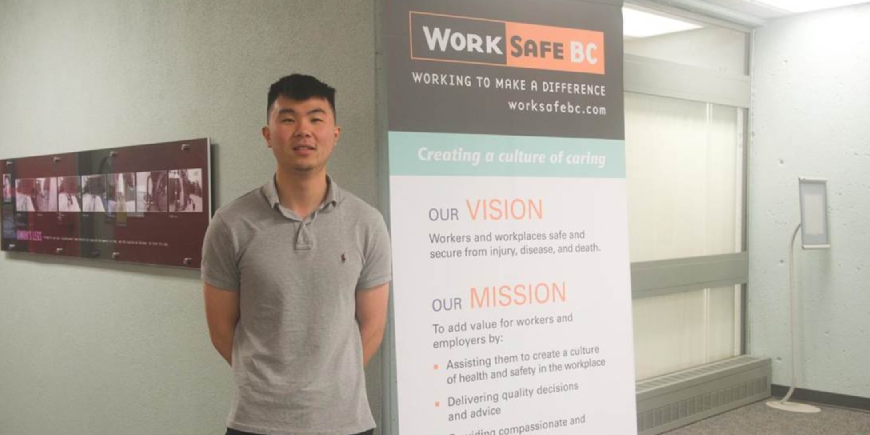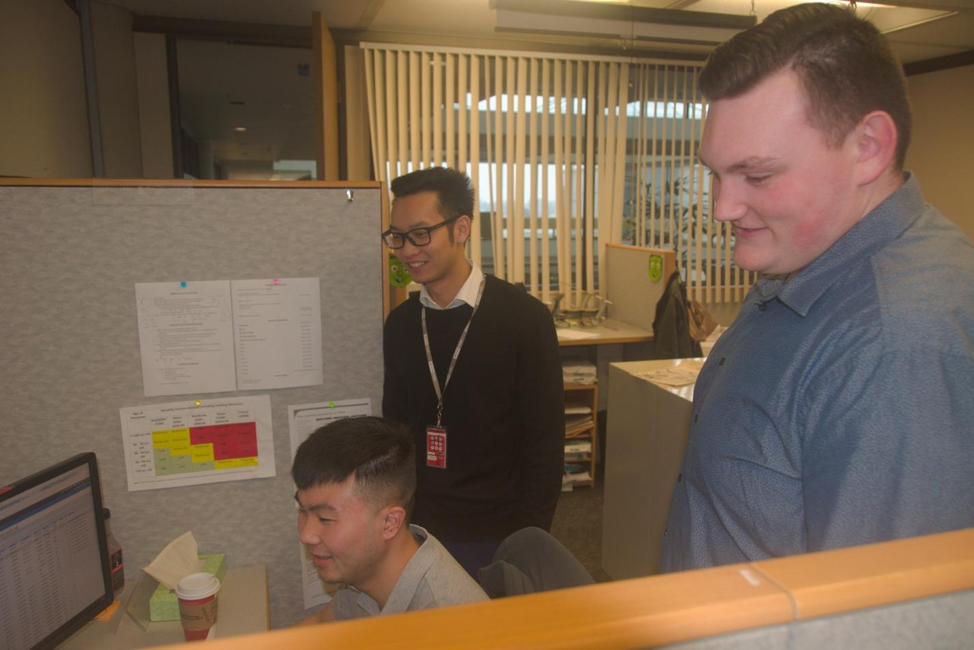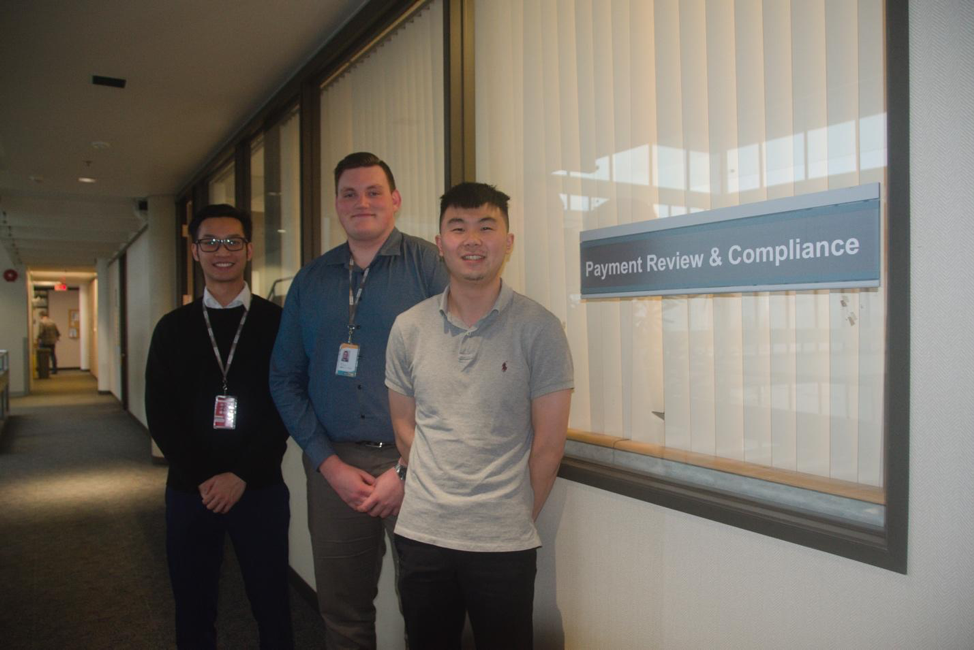
As university students, we all have likely encountered some form of feedback – either positive or negative; either on the receiving end or while handing out feedback to someone. Like many of my peers, I have given feedback in group projects or team assignments. At the same time, I have also received an abundance of feedback in group projects and team settings. Giving constructive feedback, and receiving it are both important skills and ones that can be challenging.
I am currently completing my third co-op work term and what I have learnt from working over these few months is how important feedback can be and the pivotal role it plays in professional growth. Additionally, feedback helps foster professional relationships, which I will discuss in detail below.
Prior to working any co-op terms, I was accustomed to giving feedback to group members and receiving it from my peer or my professors for a project or an assignment. However, feedback we exchanged was not specific to skills, but rather to the work, project, or assignment at hand. For this reason, I did not know what to do with the feedback in terms of applying it beyond the specific task or assignment. But how was I going to use this feedback in a manner that would help me in the long term? This was a daunting question, but what I failed to realize at the time was that my ability to exchange feedback constructively was improving, albeit slowly.

In my past co-op placements, I had weekly or bi-weekly one-on-one meetings with my supervisor or manager. This provided us with an opportunity to comment on each other’s work, discuss concerns, and reflect on one’s overall progress. In my first co-op for instance, I received feedback from my manager who said that I should be more confident in my decisions. This stuck with me, so much so, that I wrote this down on a piece of paper to as a reminder to myself. This was important to me because it was one of the first few times that I had received feedback on a skill of mine, and not on a specific task or assignment.
Feedback can be positive, corrective, or developmental. Depending on the type of feedback, it can sometimes be difficult to hear and digest. Sharing feedback, however, is important as it sheds light on “blind spots” about ourselves that we might miss in ever day life. While it is easier to handle positive feedback, a critical view of you or your work can be a bit hard to accept. However, it is important to keep in mind the good intentions of the person giving such corrective or developmental feedback. Ultimately, managers and/or supervisors want to help you learn and grow and prepare you for the next step in your career path. If you are unclear about feedback you receive from them, do not be afraid to ask for further clarification or examples.
Further, reflect on the feedback received and leverage it to develop tactics or strategies that effectively address the concerns raised. What worked well for me was writing, reviewing, and reflecting on this feedback to develop strategies. For this example, one of the strategies I used was to document my decision process and write notes to support my decision.
Feedback, for most individuals, is a two-way street where the person giving the feedback may also be the one receiving it. Communicating it can be challenging and like any skill, requires practice to get it right. Not only do you have to factor in how you communicate it, but you also have to take into account other considerations such as who your audience is, and the purpose of your feedback. Take the time to thoroughly review the individual’s work and write down notes that you think might be helpful to the person you are providing feedback to. Do not limit your feedback to the task or assignment but try and provide feedback on a skill, and suggest ways to improve that skill and remember to be clear, concise, and specific.

Building connections is one of the most important benefits of a co-op placement; building trusting relationships can open the door to countless opportunities. At the heart of most healthy relationships is trust. Personally, I have found feedback to be helpful in building this trust with my colleagues and peer. Demonstrating an openness to receiving feedback and the ability to communicate it can help foster an environment of openness, where the employer and employee feel comfortable discussing anything work related without feeling hesitant or judged.
Completing nearly three co-op work terms has taught me many practical life and professional lessons’ and one of the most important of these lessons was staying open to feedback. At the same time, I believe I have improved my ability to provide it as well, but this is an area I am constantly looking to improve.
Knowing the importance of critical feedback has empowered me to seek out opportunities that allow me to be critiqued and in turn, give me the opportunity to give feedback to others as well. I encourage others to do the same because at the end of the day, feedback is a two-way street that benefits us by highlighting our true strengths and weaknesses that we may not be able to identify on our own.
Beyond the Blog
-
Learn more about opportunities like Christopher's by visiting the Beedie Business Co-op homepage.














